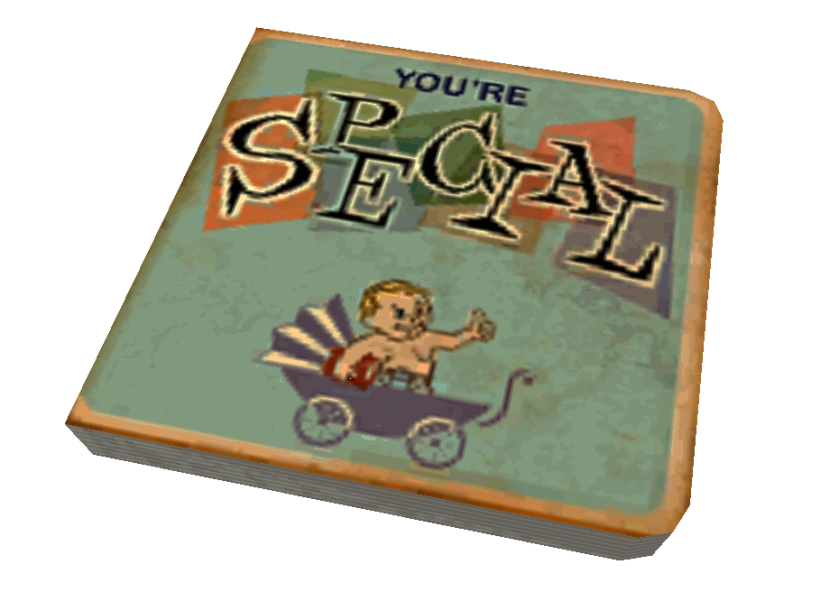Shadow Over Mystara
Explorer
True, although the inverse can make for some interesting roleplaying. The strong character who isn't bright, but still tries forcing himself to make the most of his mind to solve problems that way rather than just resorting to sheer strength. The weak but bright character who nevertheless tries to solve problems with his fists because he has a short fuse, knowing full well the odds are against him.Ability scores do influence personality and behavior. Not necessarily in a direct way and not always in the same way but they do have an effect. Someone who is strong but not particularly bright will likely approach problems differently than someone who is intelligent but weak. It's one of many things that affect personality.
Besides, getting rid of intelligence isn't going to change anything.
Mechanically it doesn't make sense to play against your strengths, but human beings are messy and complicated. Although when swords are drawn and the stakes are high, a lot of that might go out the window!
I could see them transitioning to something like 9-12:+0, 13-15:+1, 16-18:+2. Then they could shift the weight away from ability scores to class, skills, and proficiency bonus.While I think ability scores are a wretched mechanic, I also think they are the sacredest of cows. Specifically:
- The names (Strength, Dexterity, Constitution, Intelligence, Wisdom, Charisma) are never going to change.
- The numeric scale centered on 10.5 is never going to change.
- The method of calculating bonuses (subtract 10, divide by 2, round down) is probably never going to change.
I think the elegant math of calculating 3e-5e modifiers makes it more tempting to get rid of the 3-18 scale, while also putting very desirable bonuses well within reach, further reinforcing ability scores.
Agreed. Maybe ability scores could reflect untrained ability. A medium-to-high-level fighter would be stronger than a high Strength wizard, a medium-to-high-level wizard would be more knowledgeable than a high Intelligence fighter. When making a roll, you could add your ability score bonus OR all your other bonuses, whichever is higher.However, this leaves a fair bit of space to tinker. One of the most important changes IMO would be to reduce the "cascading" nature of ability scores, where a change to an ability score ripples out across a zillion other numbers. This leads to a variety of problems. It makes the game harder for new players to learn; it forces players to choose between concept and mechanical effectiveness; it complicates balance and class design.
I have already noticed WotC leaning more on proficiency bonus and less on stat mods--that's a good trend and I hope they broaden it.




